Alhamdulillah, the Ummah of the Prophet Muhammad ﷺ welcomes Ramadan once again—a month of worship, reflection, and spiritual growth. This sacred period offers an opportunity to reconnect with our Creator, practice patience, and extend compassion to those less fortunate. Muslims worldwide devote themselves to fasting, prayer, recitation of the Qur’an, and charitable deeds, seeking Allah’s boundless blessings and mercy.
Ramadan 2025 is anticipated to begin on the evening of Friday, February 28, with the first fast on Saturday, March 1. The month concludes after 29 or 30 days, depending on the moon sighting, with Sunday, March 30 expected to be the last day of fasting. The joyous celebration of Eid al-Fitr is likely to begin on Monday, March 31. Please note that these dates may vary based on local moon sightings.
Islam follows a lunar calendar, where months are determined by the phases of the moon. As a result, Ramadan begins approximately 10 days earlier each year on the Gregorian calendar. Islamic days start at sunset, with the month commencing after Maghrib upon the sighting of the crescent moon.
Fasting (Sawm) during Ramadan is one of the Five Pillars of Islam. From dawn (Fajr) to sunset (Maghrib), Muslims abstain from food, drink, and marital relations, focusing on self-discipline and obedience to Allah. This act cultivates gratitude, strengthens compassion for the less fortunate, and purifies the soul.
The Qur’an beautifully highlights the essence of fasting:
“O you who have believed, decreed upon you is fasting as it was decreed upon those before you that you may become righteous.” (Surat Al-Baqarah 2:183)
Following Ramadan, Muslims come together to celebrate Eid al-Fitr, also known as “The Feast of Breaking the Fast.” It is a time of joy, gratitude, and reflection on the spiritual accomplishments of the past month. Muslims offer special prayers, enjoy festive meals, wear new clothes, and exchange gifts with loved ones.
As part of Ramadan’s conclusion, Muslims are obligated to give Zakat al-Fitr (Fitrana)—a charitable donation that ensures those in need can participate in Eid celebrations. The Prophet Muhammad ﷺ said:
“The fasting of the month of fasting will be hanging between the earth and the heavens, and it will not be raised up to the Divine Presence without paying the Zakat al-Fitr.” (Nasai)
Human Concern International provides an accessible platform to fulfill this obligation, ensuring your donations reach families in crisis and help them celebrate Eid with dignity.
As we embrace this blessed month, may Allah ﷻ accept our fasting, prayers, and deeds, and may He grant us the strength to maximize our rewards. Ameen.
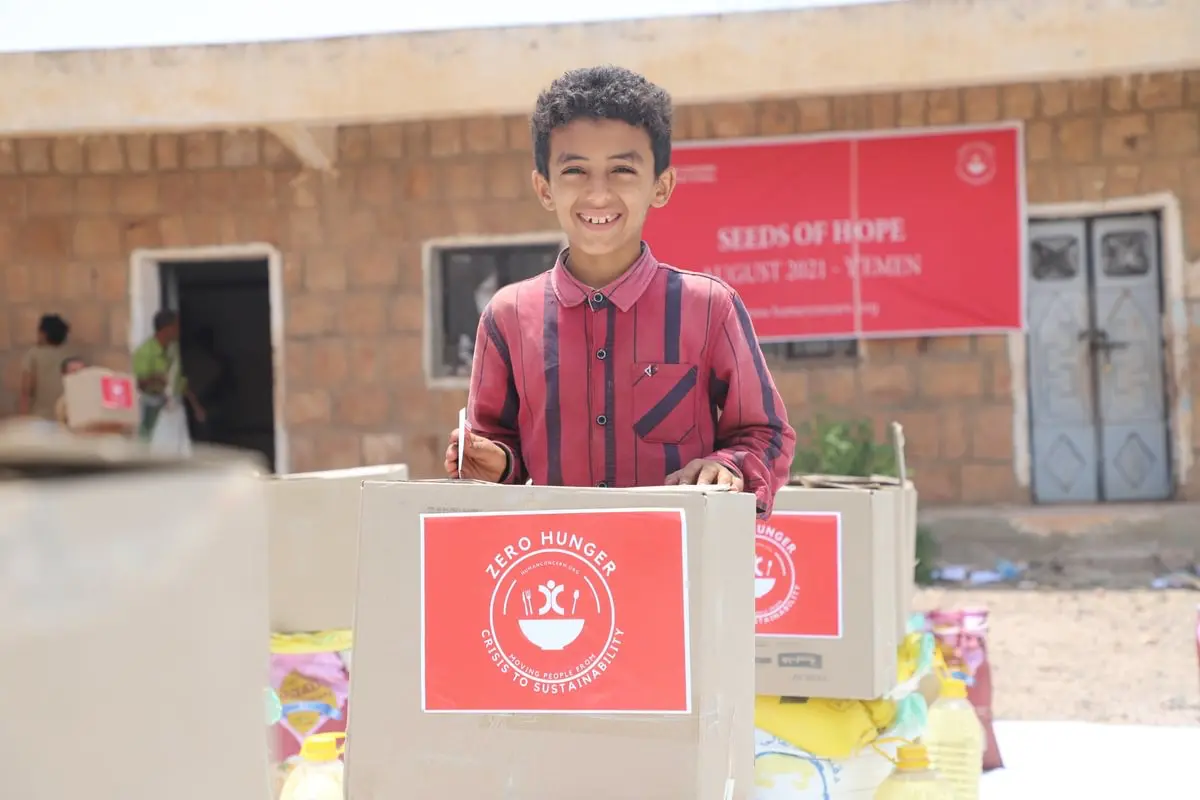
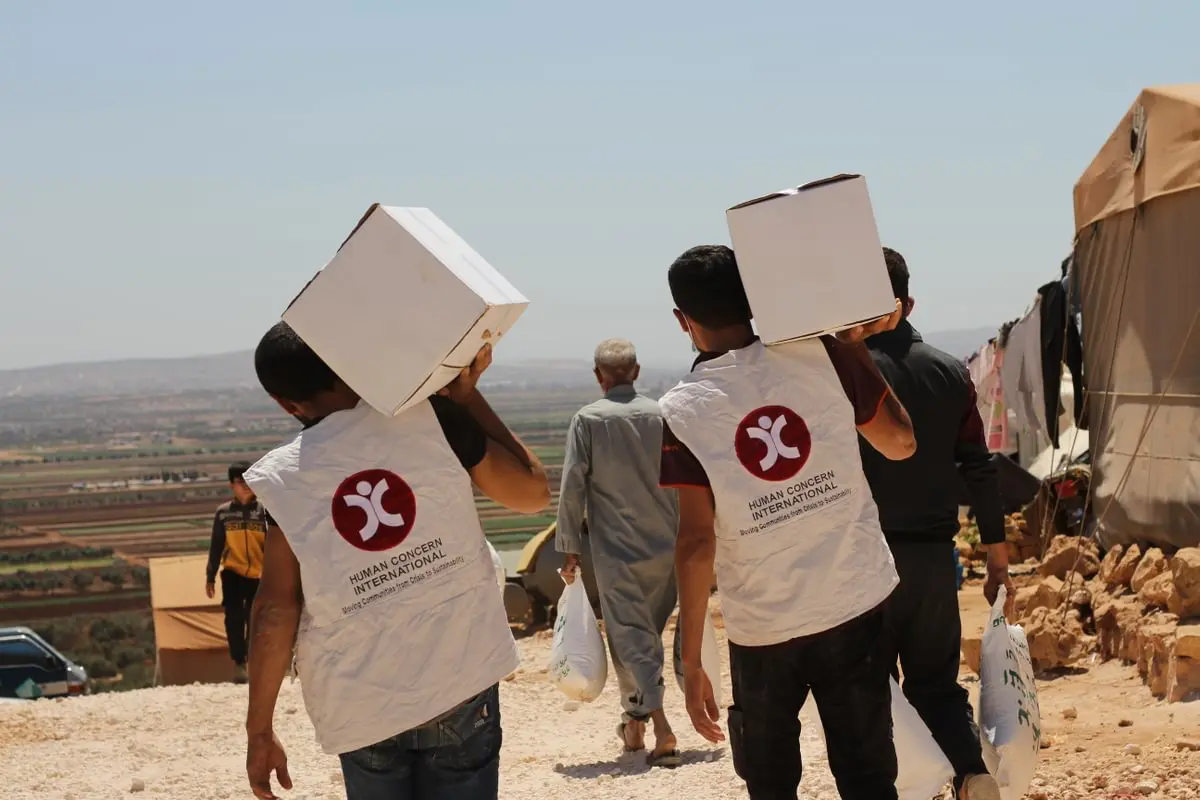
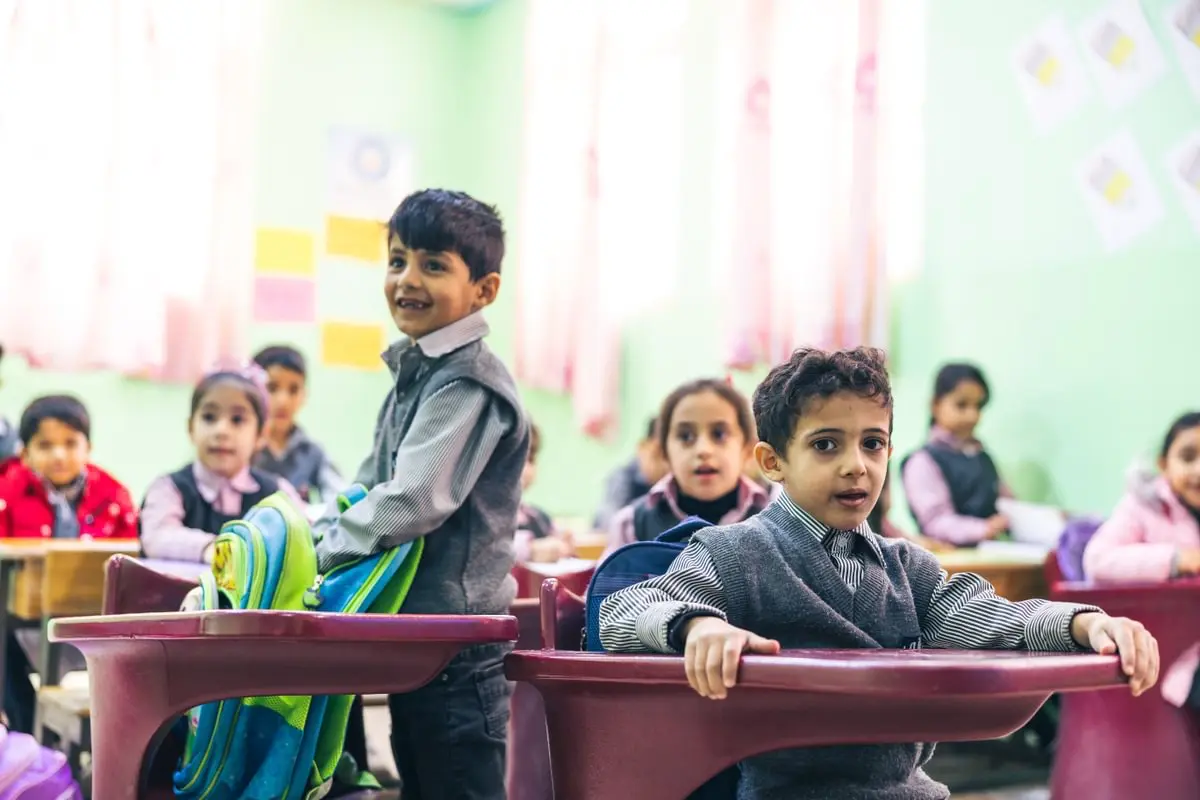
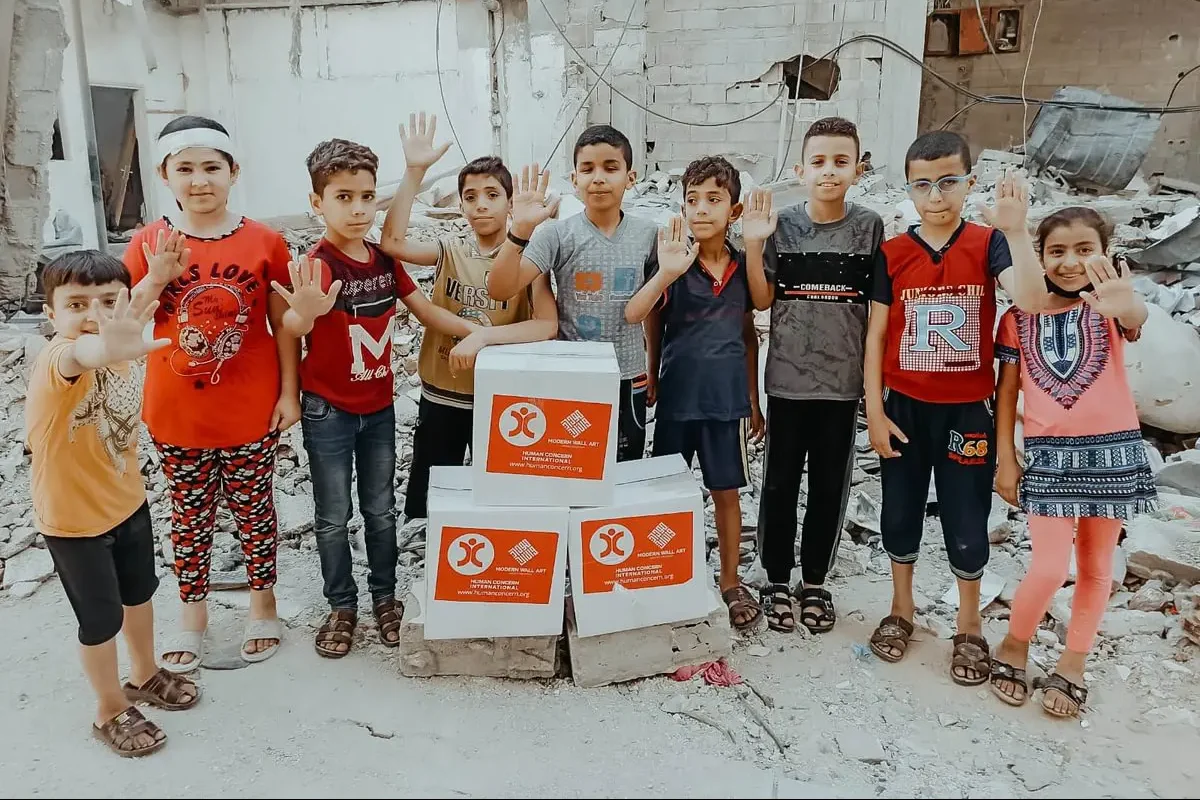
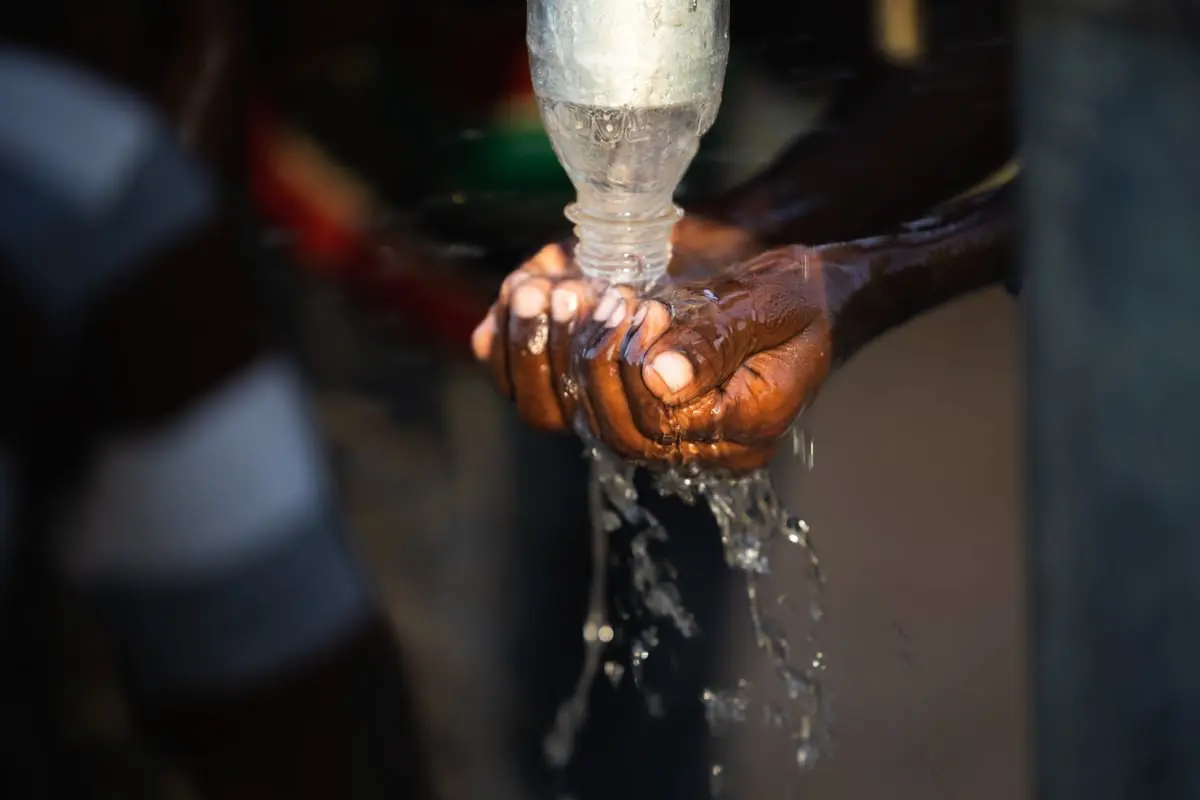
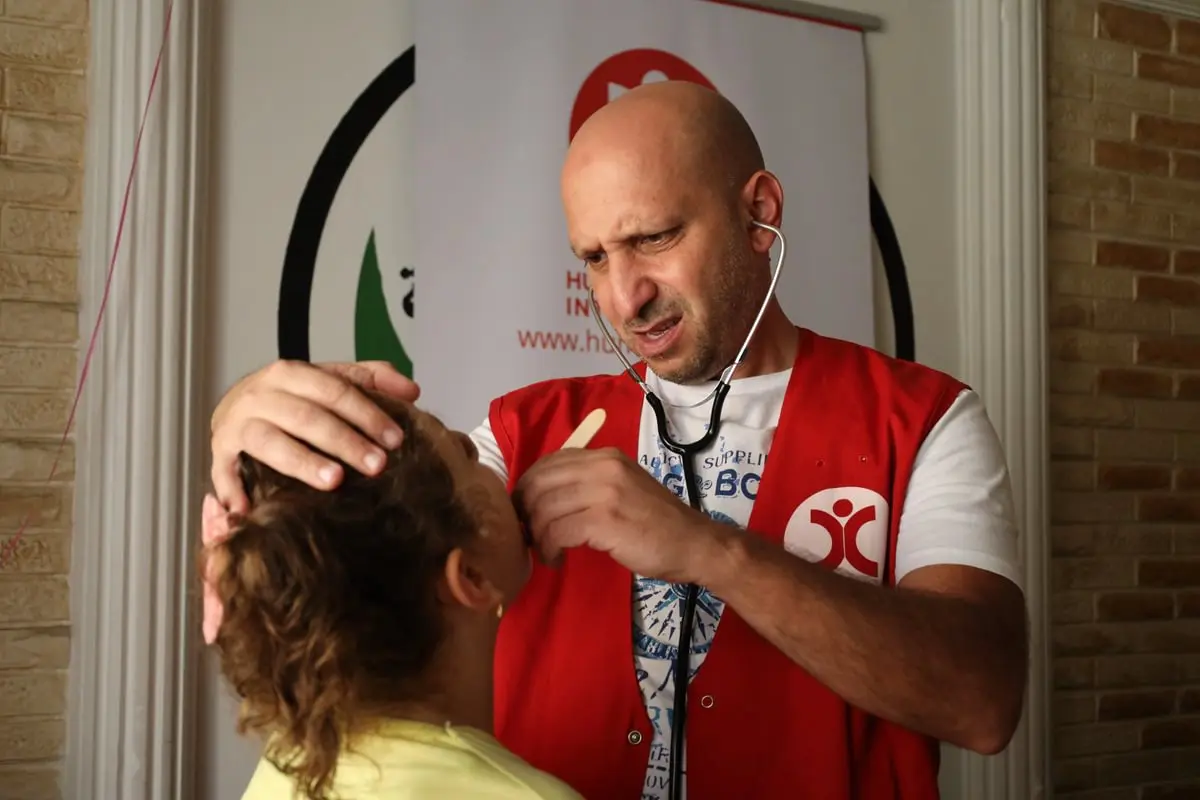
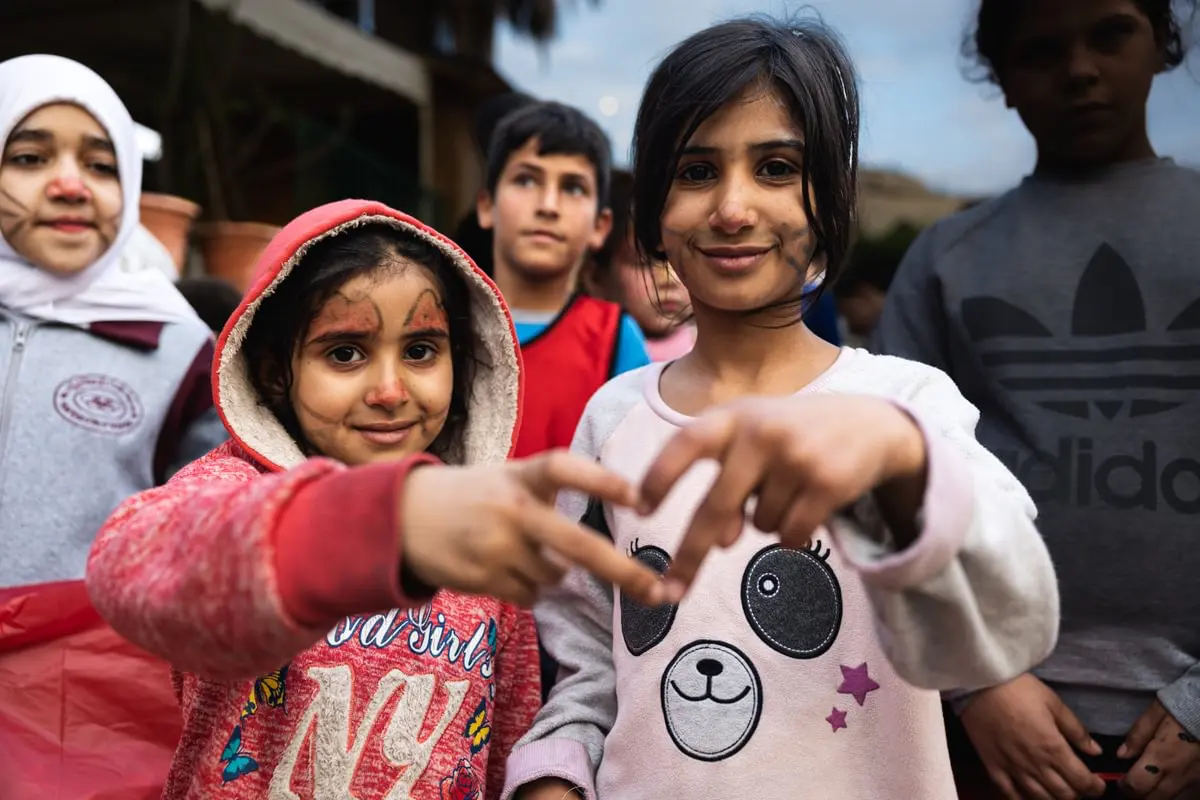
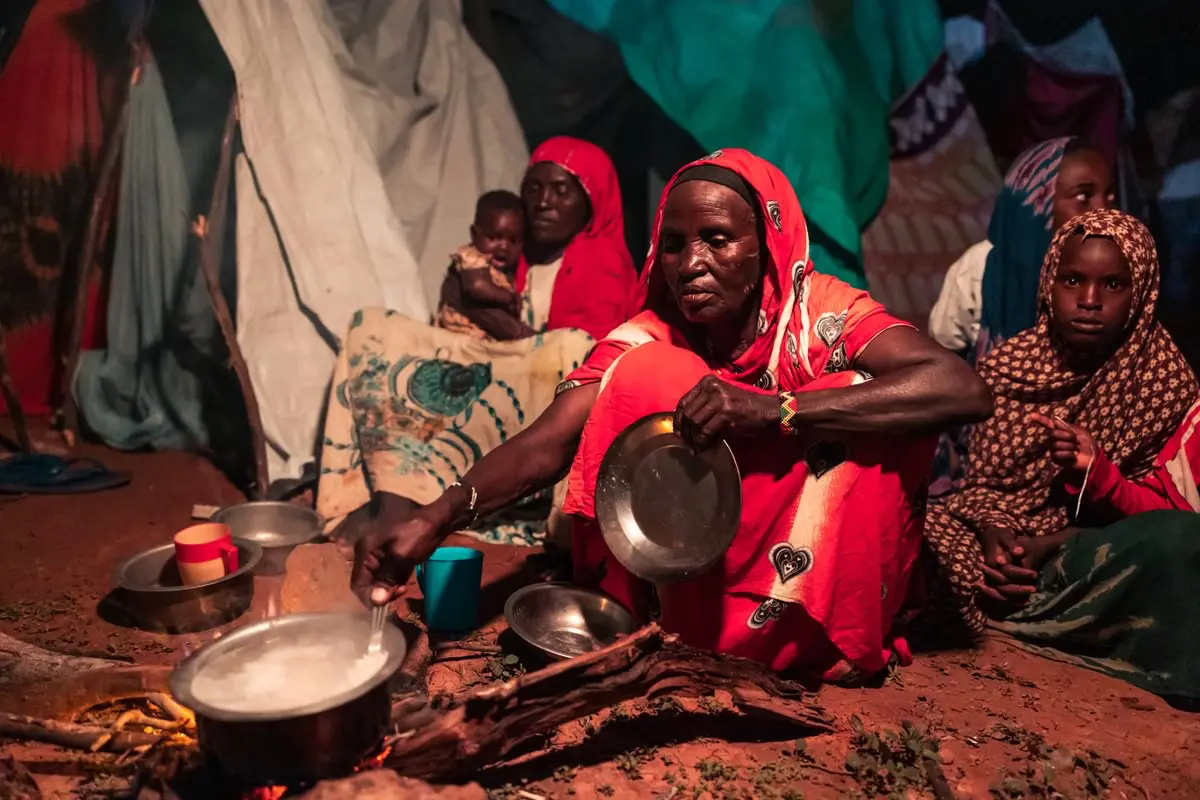
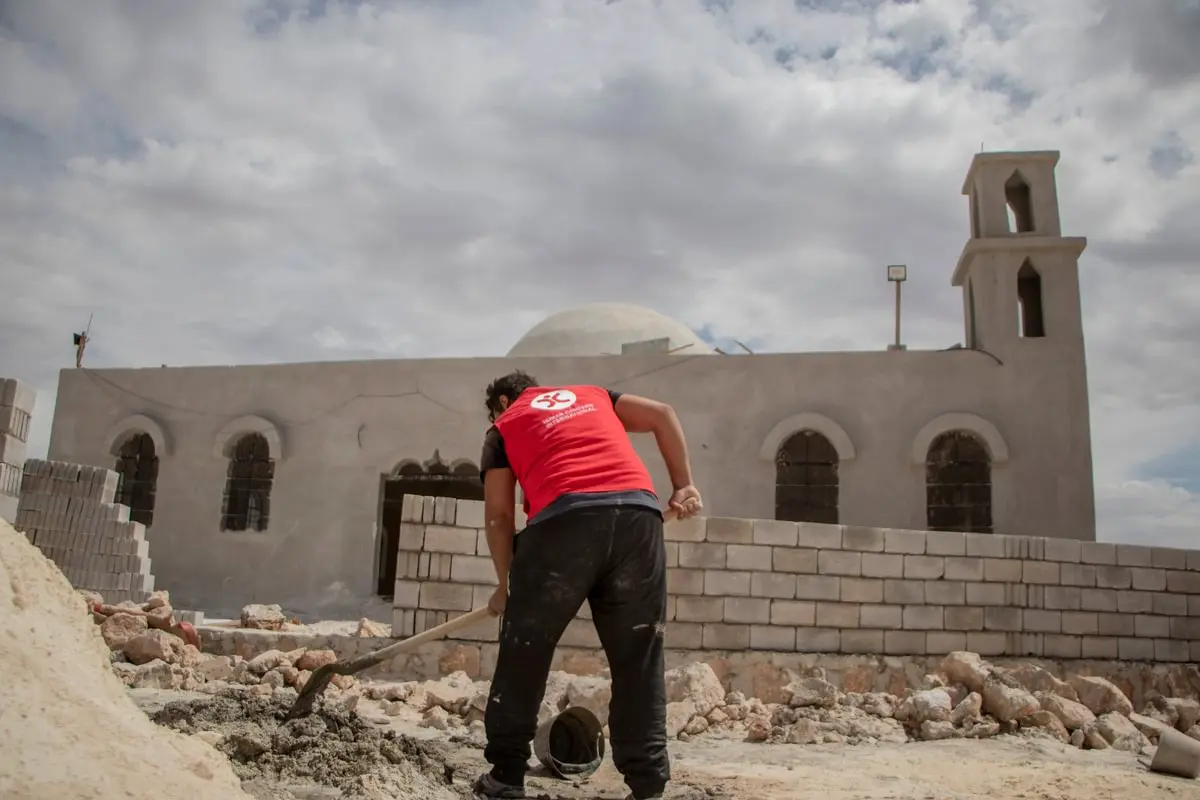
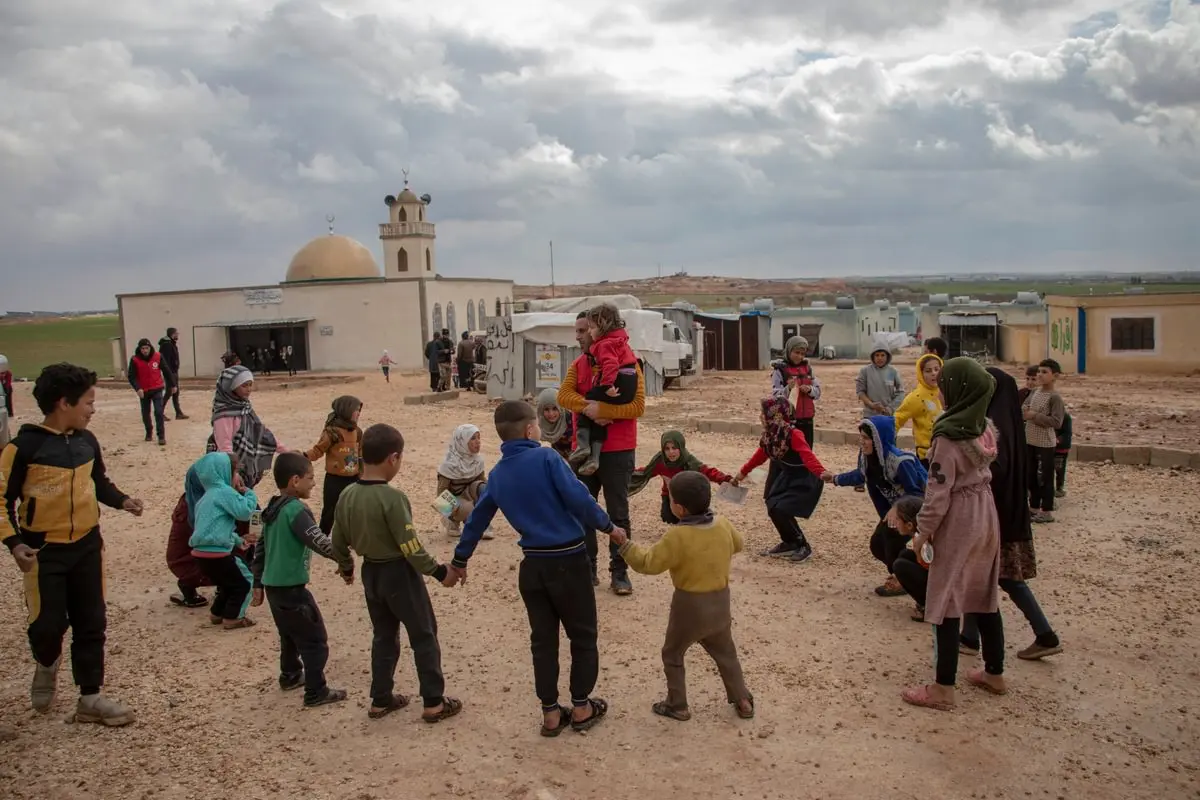

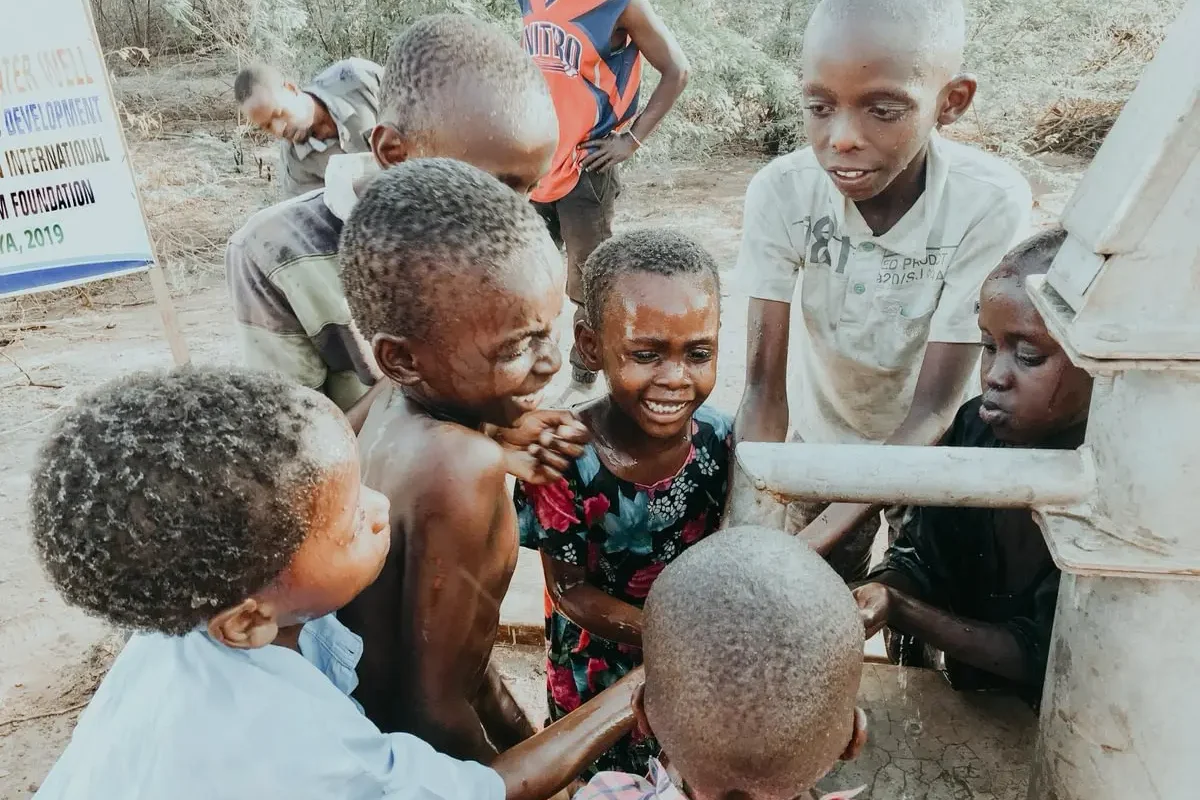
Human Concern International is the oldest Muslim relief organization in Canada, fighting poverty for over 45 years.
We are a registered charity with the CRA. Charitable Registration No. 107497125 RR 0001